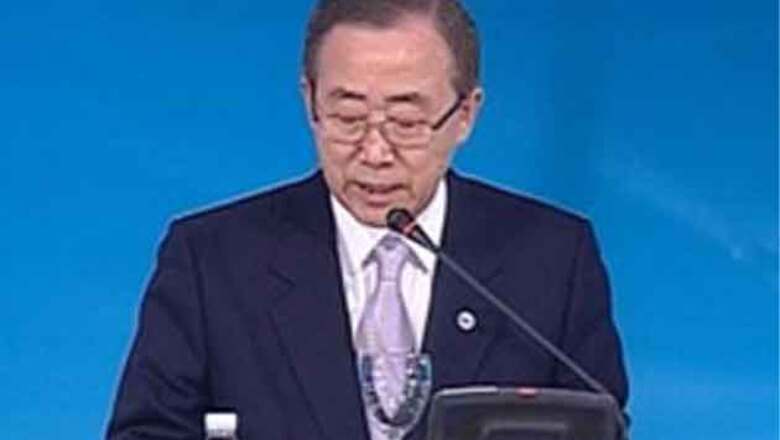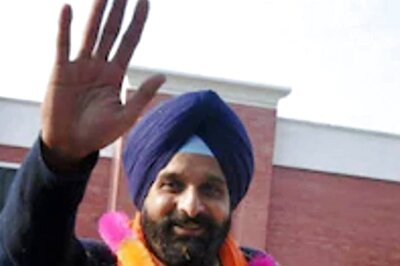
views
United Nations: The growing distrust between rival political parties in Nepal has paralysed the fragile peace process and could threaten long-term peace, top UN envoy to the Himalayan nation has warned.
In a briefing to the Security Council, head of UN peacekeeping force in Nepal (UNMIN) Karin Landgren described the situation as "discouraging picture of the state of Nepal's peace process, and of the failure of the political parties to invest in its revival."
She, however, said, "the process can be brought back on track if the political leadership is ready to reassess priorities and place this process at the front and centre of their political activity."
"It is not too late to establish a clear and dependable discussion mechanism with which parties can also firmly put to rest any fears that they will abandon the path of the constitution, and democracy," she said on Tuesday.
In 2006, the Government and the rebel Maoists ended a decade long civil war but since then the peace process has been wracked with loopholes.
Meanwhile, Secretary General Ban Ki-moon's new status report on Nepal highlights that the peace process remains incomplete, and the parties have been unable to produce a new constitution.
He also pointed out that while "two sides" may no longer exist, two armies the Nepal Army and the Maoist Army continued to exist in the country.
Landgren pointed out that the Nepal army had continued recruitment since 2007 in defiance of an arms monitoring agreement.
"The Secretary-General has repeatedly argued against the prolonged confinement of the two armies without a long-terms solution," she said.
"The changes foreseen to the armies under the CPA (Comprehensive Peace Agreement) have not taken place."
Landgren warned that "the biggest risk of all" is that the peace process appears to be "discredited," which doesn't bode well for the democratic route in the country.
Nepal, however, asserted that Ban's latest report on Nepal did not reflect the situation on the ground.
"We would like to see the report more balanced, nuanced, and reflective of the correct assessment of the situation on the ground in its entirety," Ambassador Gyan Chandra Acharya of Nepal told the Council.
"The Government of Nepal has been successively working hard to push forward peace process from the early days in order to move from the transition phase to the normal state at the earliest," he added.



















Comments
0 comment